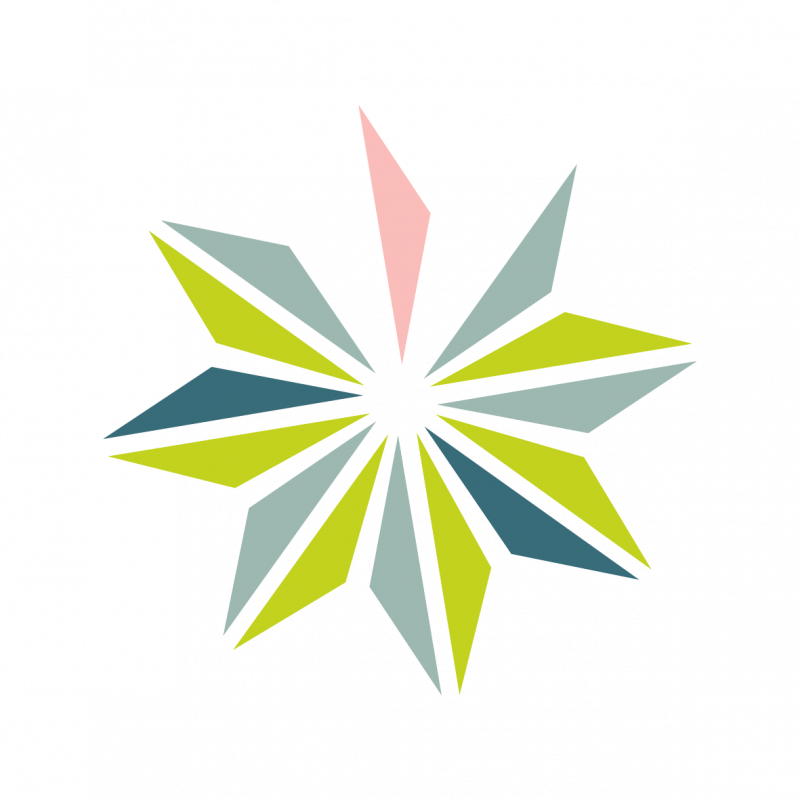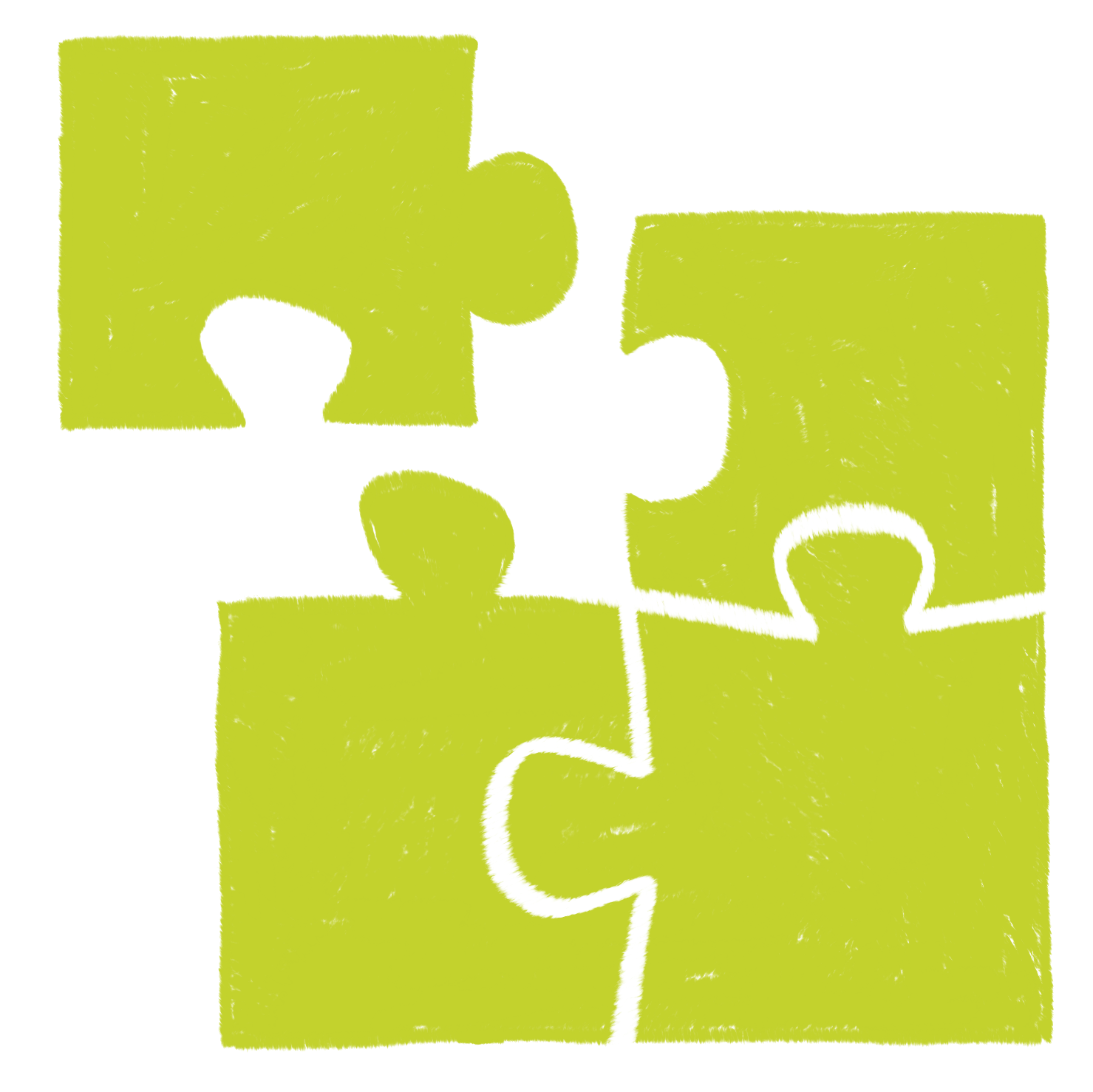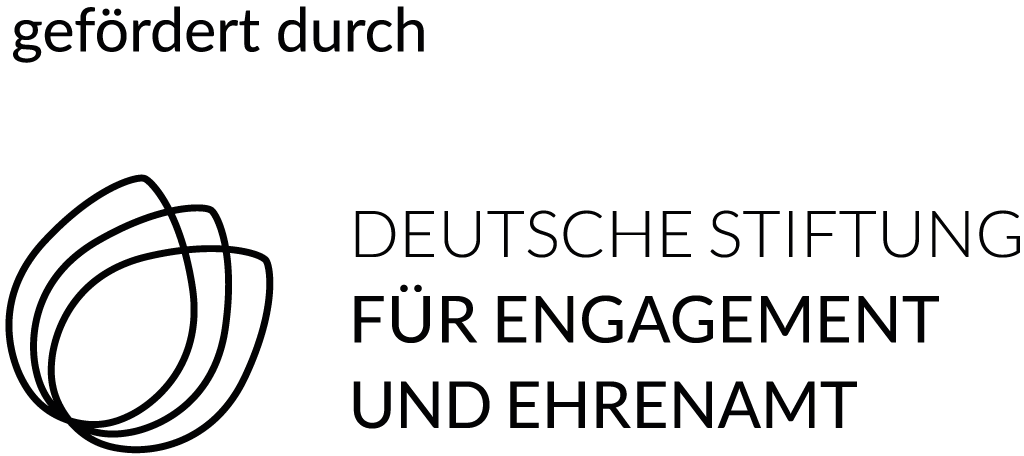About Re:Match
Re:Match is a programme that pilots and tests an algorithm-based matching mechanism in order to enable an informed, individualized and needs-oriented relocation of protection seekers. Additionally, this project intends to empower German welcoming municipalities by giving them a greater say in the relocation design process and cater to their needs and capacities, too.
Re:Match implemented matching and relocation of 78 Ukrainian citizens fleeing the Russian war of aggression in a pilot phase 2023. On this page you can find out about the project’s current status, the concept behind our matching algorithm and the implementing partners who have brought Re:Match to life.

About Matching

The term “matching” refers to building suitable pairs. In the Re:Match context, a match is made between refugees from Ukraine and German municipalities by considering the needs of the former and the capabilities and individual profiles of the latter. The goal is to enable a mutually beneficial and sustainable relocation and reception. This municipal relocation pilot program implemented with the help of a matching procedure is an innovative reception and integration model that builds on international experience.
Various matching-based migration policies are being currently tested in different countries by interdisciplinary teams. The concept has already been or is being piloted in areas like resettlement and community sponsorship. In Canada, for example, refugees have been matched with host communities and private households for several years as part of government-supported community sponsorship programmes.
Researchers at Stanford University started to make inroads into relocation via matching: the research team has developed an algorithm being currently tested in a Swiss resettlement program to selectively relocate people to places in Switzerland that better match their labour market profile. Another pilot project in the US (Annie™ MOORE) uses a matching algorithm to find a good resettlement place for individuals without family ties in the US. In 2021, the University of Hildesheim and University of Erlangen-Nuremberg jointly launched a project to examine whether targeted, algorithm-based refugee distribution to German municipalities yields better results compared to random distribution.
Our Team
Berlin Governance Platform
The Berlin Governance Platform is an independent think tank that combines various policy perspectives and expert knowledge with scientific expertise. We develop, promote and pilot transparency-focused and participatory governance strategies in Germany, Europe and worldwide to find sustainable and human rights-based solutions for societal challenges.
In the field of migration policy, we develop new policy concepts for safe migration to and within the European Union. For this purpose, we utilise innovative data-based tools such as algorithms. Inspired by numerous European welcoming municipalities, we pursue a participatory and municipal approach to EU asylum and refugee policy. For the past several years, we’ve been focusing our efforts on the benefits of matching mechanisms in migration governance as well as direct municipal reception of refugees in European Cities. This work culminated in launching Re:Match in late 2022.
Pairity
Pairity was founded by an interdisciplinary team of social scientists, technology experts, and human rights advocates. Their data-driven matching projects are informed by several years of work facilitating community sponsorship initiatives and evidence-based policy around refugee resettlement in North America and Europe. Most recently, thanks to their matching system, people seeking protection in the Netherlands were matched with volunteer groups to foster integration and social cohesion.
Pairity will develop surveys, a tailored matching algorithm, and support monitoring and evaluation for Re:Match.
Salam Lab
Salam Lab (“The Laboratory of Peace”) is a non-government organization based in Krakow, Poland.
The organization’s priority is to build bridges and a culture of encounter between various ethnic and religious communities. On the first day of Russia’s invasion of Ukraine, Salam Lab organized a Help Center in Krakow. Since the opening of the Center, Salam Lab has assisted almost 19.000 people fleeing from the war. The Help Center still acts as an information hub for refugees and as a space for providing basic medical, psychological and legal assistance, as well as various workshops and events.
In the framework of this project, Salam Lab will address and inform refugees from Ukraine about the possibility of relocation to a German municipality through the Re:Match project. Salam Lab will conduct in-person interviews with Ukrainian refugees to gather the relevant information to match them with a suitable city. Once a match is established Salam Lab will help you to coordinate the travel arrangements.



